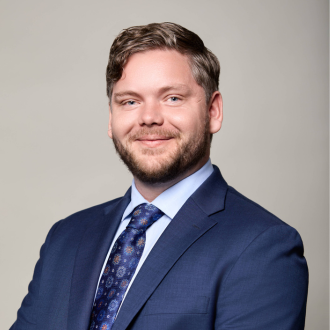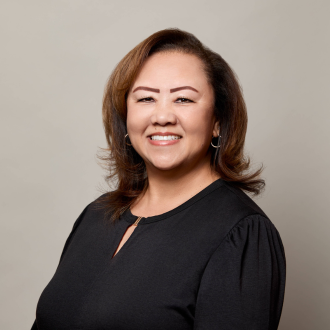More About Keith
Originally from Denver, Colorado, Keith grew up on a horse farm raising and showing horses from ages eight to fifteen. His family then moved to California where he graduated from high school and college and then attended law school at Loyola Law School in Los Angeles. At Loyola, Keith served as a Note and Comment Editor for the Loyola International and Comparative Law Review before graduating in the top ten percent of his class.
Over his career, Keith has been instrumental in securing more than $300 million in verdicts and settlements for his clients. He has handled and successfully argued complex trust and will issues before dozens of courts throughout the State of California. He taught trust and wills as an adjunct professor at Chapman Law School from 2008 through 2015, has written countless articles on trust and will topics, is regularly invited to give talks and presentations to lawyers and other professional groups on trust and will issues, and was selected into the Top 100 Lawyers by the National Advocates organization. Each year Keith, along with his partner Stewart, present at the prestigious Hawaii Tax Institute in Honolulu, HI, recognized as one of the top trust and will professional organizations in the nation.
Keith is married with two sons and spends his off time with his family and their three dogs. He also enjoys hiking, reading, and writing.





















